NHERI Graduate Student Council
Leadership
NHERI GSC Officers
President | Emmaleah Jones
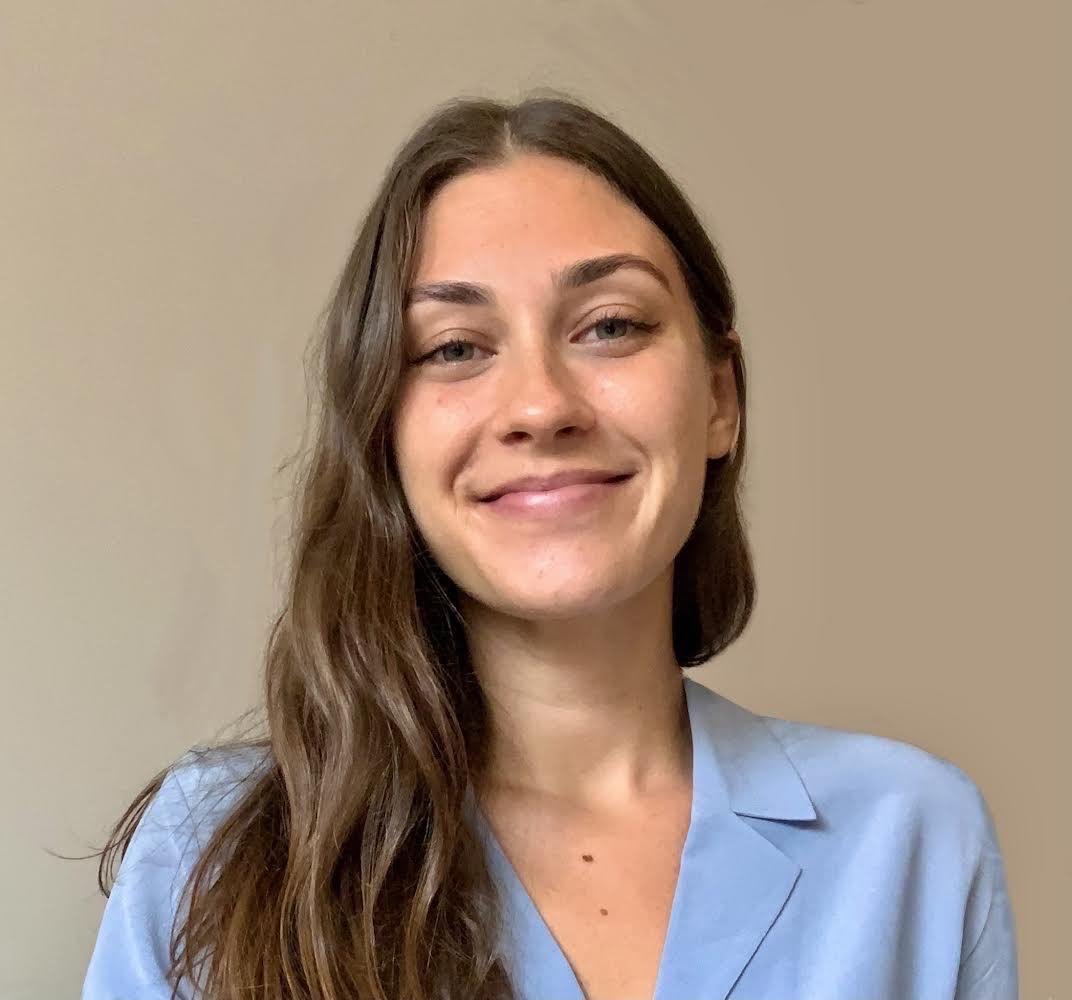
Emmaleah Jones is a graduate student at Northeastern University studying Urban Informatics-- a blend of data science and urban planning. Her background is in urban planning, social science, and resilience studies. In undergrad, she conducted research with 100 Resilient Cities on urban governance and climate change-related natural hazards (flooding, land subsidence) in coastal villages of Semarang, Indonesia. In 2022 she was a Fulbright researcher in Chile, where she worked with an interdisciplinary team at CIGIDEN (the Research Center for Integrated Disaster Risk Management), the Chilean Ministry of Housing and Urbanism, and the National Office of Emergency, to build a simulation-based visualization and decision-support tool for integrating risk assessments into urban planning at-scale as a part of their "Disaster Research Workflow" in a mid-size coastal city called San Antonio. She still lives in Santiago, Chile where she also works for The Cities Observatory of UC (OCUC) on a data infrastructure project for the regional government of Santiago. This upcoming year she will be working on two new projects; one with the La Asociación Chilena de Seguridad (ACHS) to develop a predictive spatial-temporal model for traffic accidents and causal factors in the city of Santiago and the other with the Regional Government of Valparaiso on a decision-support tool powered by a computational simulation of losses for assets exposed to 5 major hazards that occur in the region: tsunamis, earthquakes, fires, landslides, and floods.
Vice President | Richard Campos
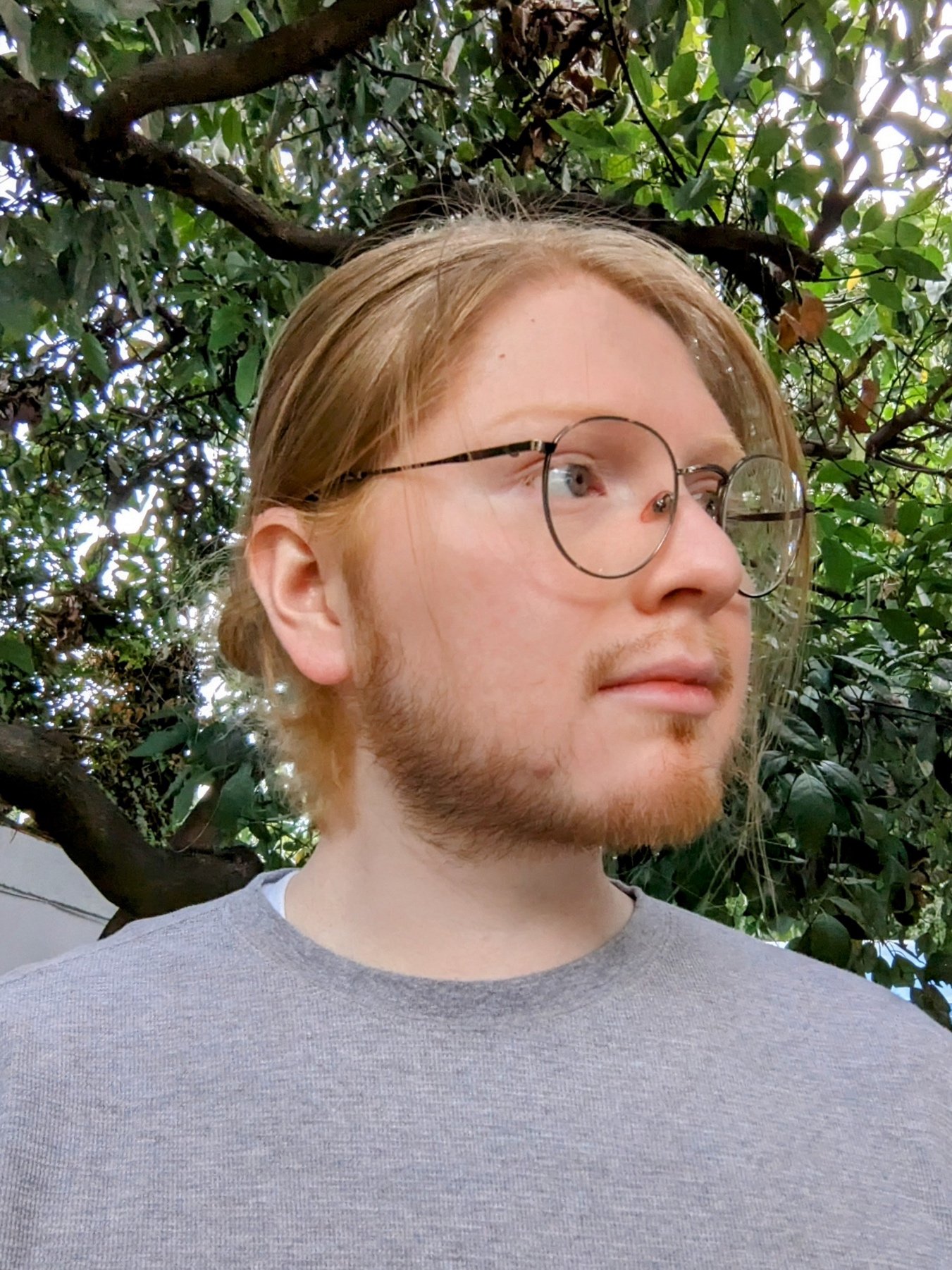
Richard Campos is a Ph.D. candidate at the University of Oklahoma working with the Oklahoma NSF EPSCoR, a multidisciplinary program designed to enhance Oklahomas exploration and growth in the STEM fields, to provide resilience strategies for infrastructure systems by analyzing hazards (e.g., ice storms, wildfires, earthquakes, and winds), risk, and fragility of electrical and transportation infrastructure components to better infrastructure resiliency. He works alongside many scientists such as geographers, meteorologists, social scientists, and other engineers to provide socially sustainable solutions for water, carbon, and infrastructure resilience in Oklahoma. He aims to become a professor and help communities and organizations enhance their current infrastructure systems resilience to severe natural hazards by teaching and advancing the field of resilience engineering.
Secretary | Jordan Nakayama
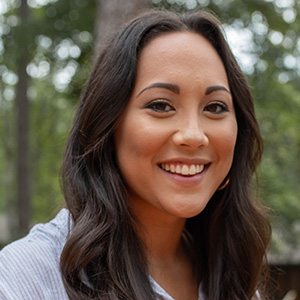
Jordan Nakayama is a third year doctoral student in Structural Engineering at Auburn University. Her research focuses on developing theory guided data science frameworks for learning from post-event windstorm reconnaissance data, bringing together her field reconnaissance experience with her knowledge of structural engineering to holistically understand structural performance in windstorms. As the current Secretary of NHERI GSC, she has helped establish precedence for the NHERI GSC communication and documentation, specifically so in leading the Annual Report Committee which published the first ever NHERI GSC Annual Report. She is passionate about the opportunities that NHERI GSC provides its members, attending the AAWE Conference and NHERI Summer Institute through funding opportunities provided to her in her involvement in NHERI GSC. Jordan is committed to furthering NHERI GSCs reach and impact through educating new members and communicating with current members as she hopes to continue in her role of Secretary of this incredible organization.
Vice-Secretary | Anamika Malla
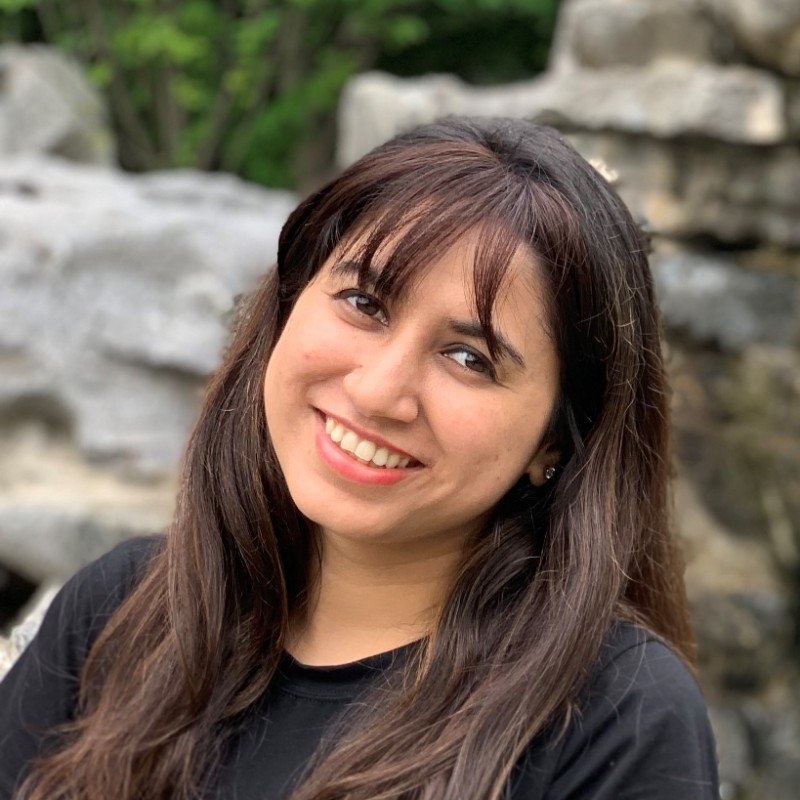
Anamika Malla is a PhD student majoring in Wind Science and Engineering in National Wind Institute at Texas Tech University. Her research focusses on fluid-structure interactions, specifically numerical investigation of tornado-like loads on low-rise buildings. Anamika’s research is twofold: numerical simulation through Computational Fluid Dynamics (CFD) and validation with experimental simulation of tornado-like loads. Anamika's group was the SimCenter winner at Computational Academy 2023 at UT, Austin.
Treasurer | Natalie Coleman
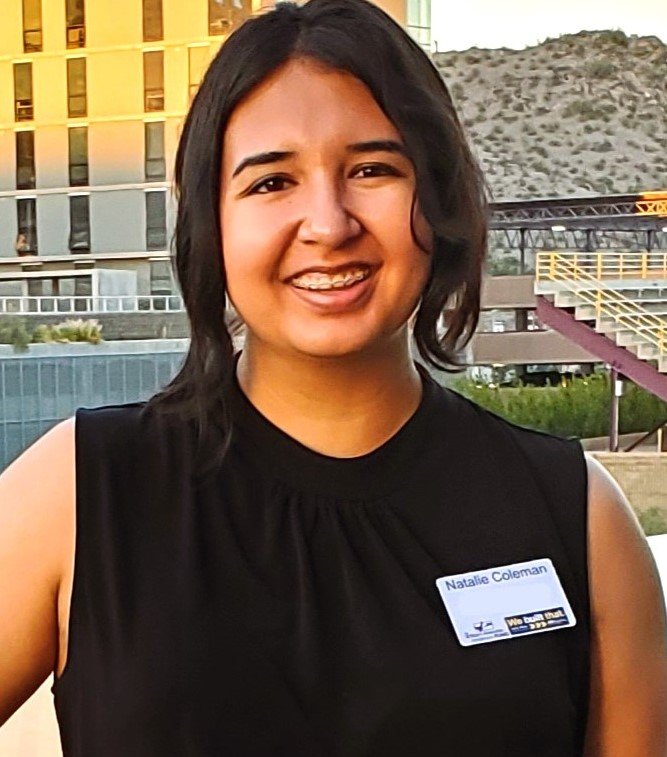
Natalie Coleman is a PhD student at the Civil and Environmental Engineering Department at Texas A&M University, under the construction engineering management program. She is a graduate research assistant at Urban Resilience.AI, a lab focusing on interdisciplinary and data-driven solutions for infrastructure resilience. Leveraging machine learning and human mobility data, her research integrates equity strategies into infrastructure management during hazards like Hurricane Harvey and Winter Storm Uri. Natalie has personally benefitted from NHERI funding by participating in the NHERI Summer Institute, where she enhanced her proposal writing skills and networked with scholars across the country. As treasurer, she will search for funding sources and compile clear financial reports to help more students take advantage of NHERI opportunities. As the former Scholarship Chair of Women in Science and Engineering (WISE-TAMU), her committee awarded 10 graduate scholarships. Now, as the President of WISE-TAMU, she oversees and promotes professional development seminars, outreach, and networking events and communicates with potential academic and corporate sponsors. This past year, she also advocated for research funds at the Texas State Capital as an AURA alumni and the US House of Representatives as a CASE Fellow. Natalie has applied for and been awarded by the NSF Graduate Research Fellowship Program, P.E.O. International, and NSF Partnerships for International Research and Education. Natalie will blend her knowledge of scholarships, proposals, and political advocacy writing to support the NHERI graduate student council, and she would be honored to work with and learn from a group of distinguished scholars.
Vice-Treasurer | Burak Duran
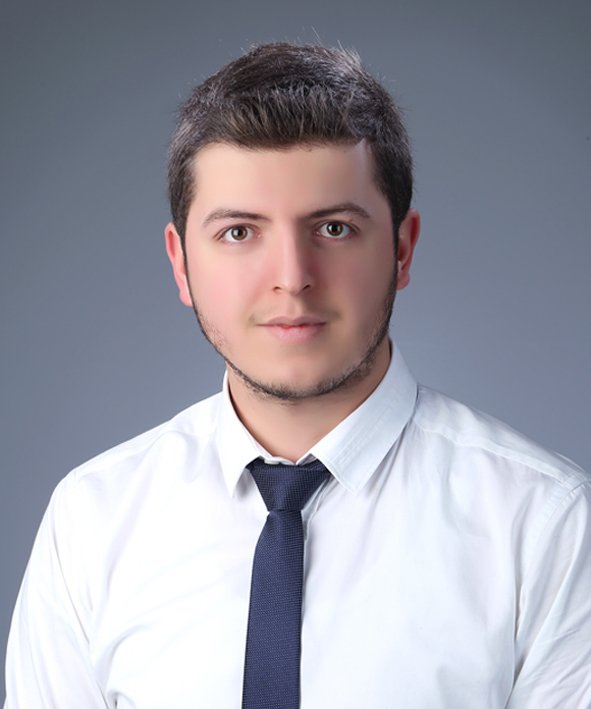
Burak Duran, a Ph.D. candidate at the University of New Hampshire, specializes in Structural Engineering. His research centers around Deep Learning-based Structural Health Monitoring of Bridges and Transfer Learning applications. By leveraging deep learning techniques, he assesses the current health state of bridges, detects damage, and pinpoints its location. He investigates the transferability of knowledge gained from one bridge to another through Transfer Learning. This impactful project is funded by the National Science Foundation (NSF) and involves collaborative and multi-disciplinary efforts with several other universities. As a Fulbright Scholar, Burak holds an M.Sc. degree with a focus on Structural and Earthquake Engineering from the University at Buffalo. His academic journey extends beyond the classroom—following major earthquakes, he has actively participated in reconnaissance studies to delve into the underlying causes and profound effects of natural disasters on communities. He has published several journal papers, conference proceedings, and technical reports in this field. Furthermore, he holds membership in several professional organizations, including the NHERI GSC, EERI, StEER, and ASCE. His work advances the field of structural engineering and contributes to community resilience in the face of extreme events.
User Forum Representative | Esteban Villalobos Vega
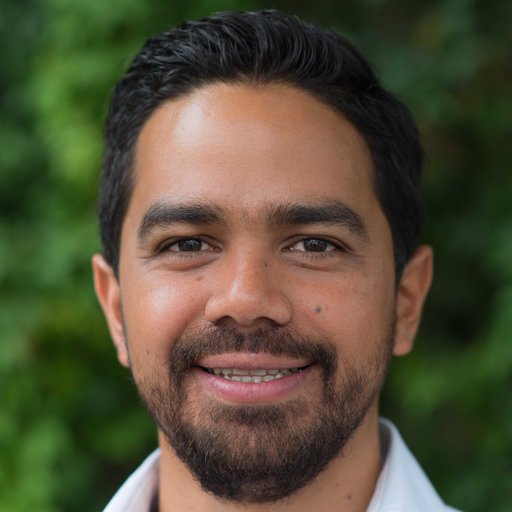
Esteban Villalobos Vega is a Ph.D. candidate in Civil Engineering at the University of Oklahoma. His research focus is on the tridimensional performance of seismic isolation systems for critical, sensitive, and/or essential non-structural components to improve society resilience, by using innovative experimental techniques such as real-type hybrid simulation. Before beginning his Ph.D. program, he gathered 15 years of experience as a practitioner in structural engineering in Costa Rica working on challenging and multidisciplinary projects with high social impact such as adaption to climate change and development of cost-efficient bridge management policies in conjunction with governmental officials, among others. In terms of the NHERI network, he has been part of the NHERI GSC since its inaugural meeting; he is an active user of the NHERI Lehigh facility, which allowed him to work as a graduate mentor in the NHERI REU Summer Program for two years; additionally, he attended the 2022 NHERI Summer Institute where he met most of the current members of the NHERI User Forum; finally, he has grown through all the resources that NHERI has available for the natural hazard engineering community.
Standing Committee Leadership
Chair of Membership | Daniel Yahya
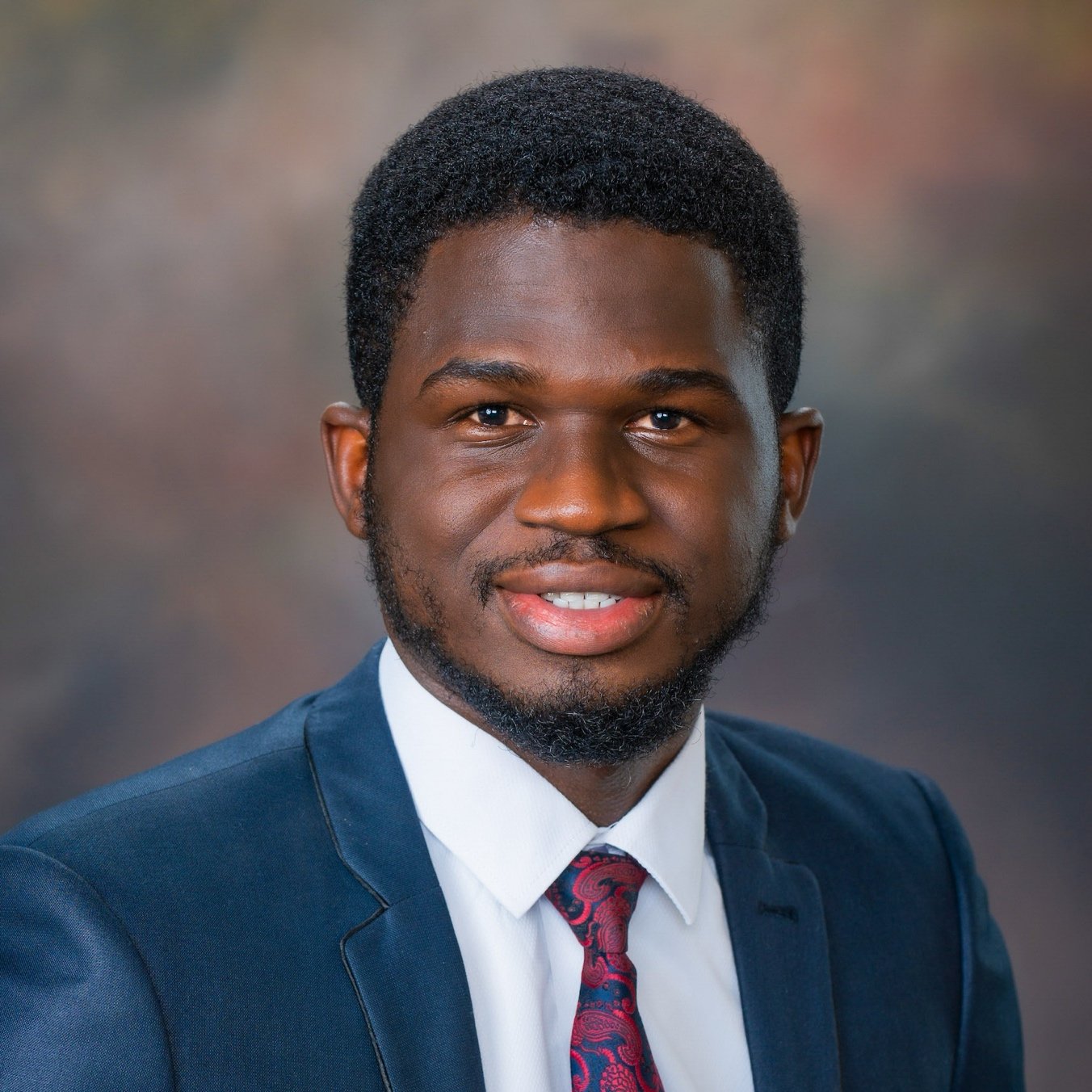
Daniel Yahya is a Ph.D. student in Civil and Environmental Engineering at Auburn University, where his innovative research focuses on 4D wind field reconstruction of non-synoptic wind events such as tornadoes and thunderstorms. His novel approach leverages debris flight media to estimate near-surface wind and debris characteristics. But his expertise doesn't end there; he also collaborates on other projects to bolster the resilience of buildings and communities against the impact of natural hazards. In addition to his academic pursuits, Daniel has honed a multifaceted set of leadership skills. He currently holds the position of senator on the Graduate Student Council at Auburn University, where he passionately advocates for the interests of graduate students within his department. His track record of committee involvement is further enriched by his role on the Concession Board at Auburn University, where he applies his knack for fiscal responsibility. So why is Daniel the ideal candidate for the Chairman of the Membership Standing Committee? The answer lies in his seamless alignment with the diverse responsibilities required. From outreach and recruitment to ensuring compliance and allocating hardship scholarships, his skill set spans the full spectrum of the committee's mandate. Driven by a deep-seated commitment to transparency and ethical governance, Daniel is an exceptional choice for propelling membership growth, upholding all standards, and advancing the noble mission of NHERI GSC.
Vice-Chair of Membership | Wesam Mohamed
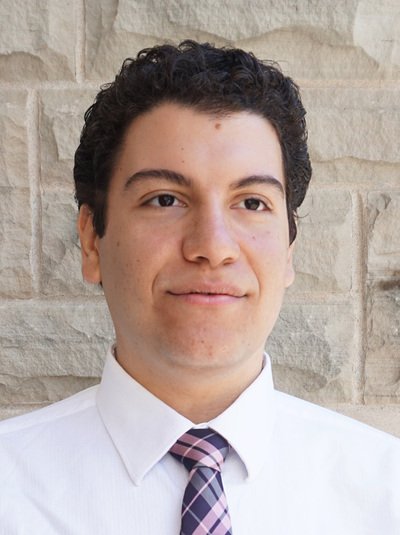
Wesam Mohamed is a Ph.D. student in the Department of Civil and Environmental Engineering at the University of Illinois Urbana-Champaign. Wesam's research focuses on the resilience of communities and the built environment against natural hazards, particularly tornado-related ones. Having completed his Master of Science degree at Western University in Canada, Wesam conducted research on the progressive failure of transmission line towers under different tornado wind fields. Within the NHERI-GSC community, Wesam served NHERI-GSC as the Wind Engineering Research Subcommittee Representative, contributing to discussions and initiatives aimed at advancing wind engineering research. Beyond his academic pursuits, Wesam has demonstrated strong leadership abilities through various student leadership roles on both local and national levels. Wesam is planning to use his organizational and communication skills to recruit new members to NHERI and to increase engagement with current members. In addition to his role within NHERI-GSC, Wesam is participating in the NHERI GSC research challenge as part of the 2024 Mini-GSC conference, further demonstrating his dedication to advancing research and collaboration within the community.
Chair of Workshop & Mentoring | Rajendra Gauntam
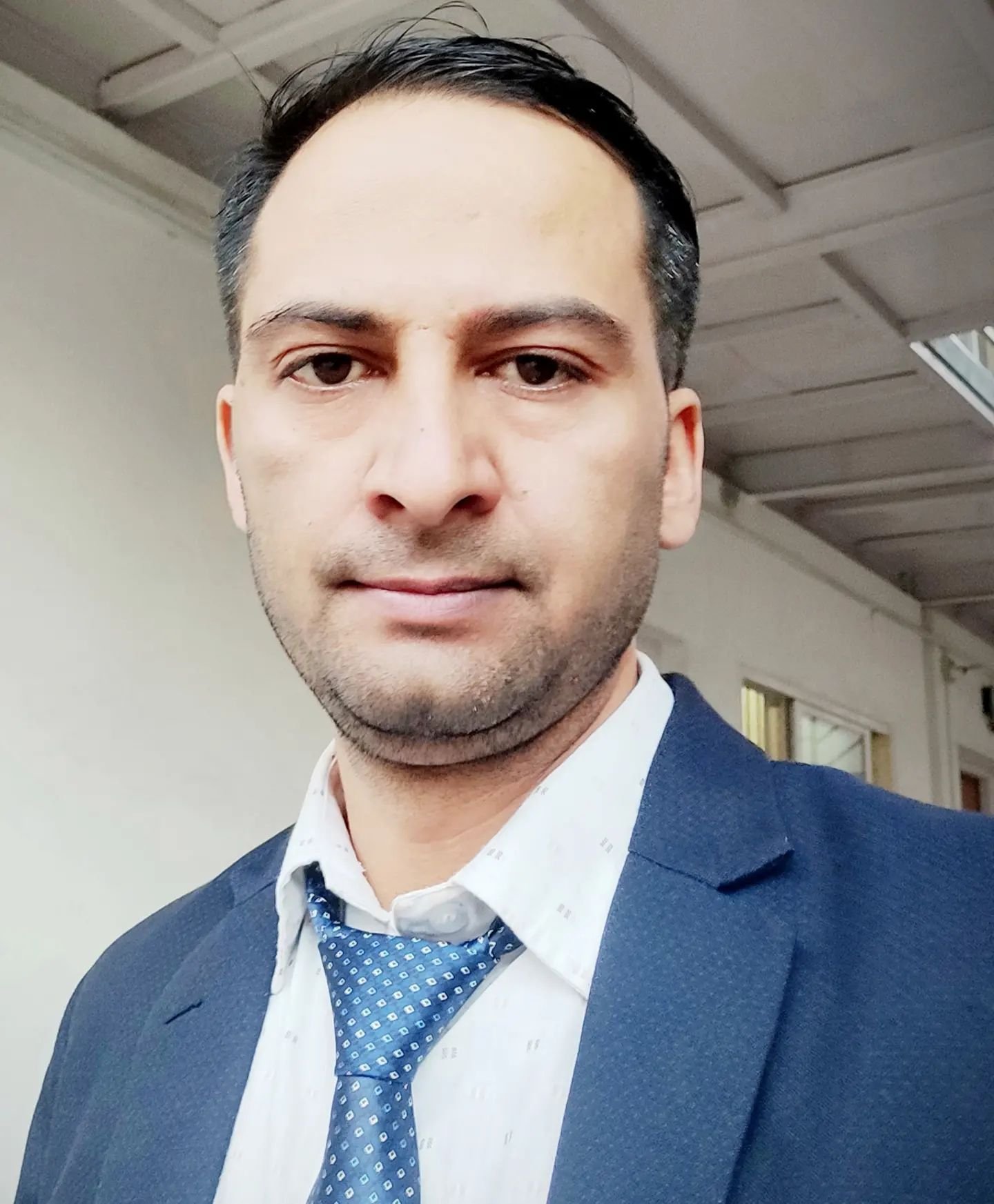
Rajendra Gautam is currently a master's student of Earthquake Engineering (structure) at Thapathali Campus, Institute of Engineering, Tribhuvan University, Kathmandu, Nepal. He has another master's degree in management and a professional degree in Project Management and WASH/Solid Waste. He has excellent steward management skills and delivery techniques with more than 10 years of demonstrated experience in civil engineering construction projects and consulting. He has worked for the United Nations as a national volunteer and a project manager in an international non-governmental organization in disaster recovery and reconstruction projects. From the beginning, he established the disaster mitigation measures required for community resiliency and enhanced the performance of infrastructures against hazards, preparing communities to be adept and resilient through capacity building. Moreover, his research areas of interest are structural control and isolation, affordable and sustainable construction, Disaster risk mitigation (DRR), critical infrastructures, and artificial intelligence like structural programming language using OpenSees/Python, C++, GIS, R & GEE, and MATLAB. He was involved in 2023 NHERI GSC Research Group Challenge with team #3 as a lead for developing and testing mitigation measures, shifting the vulnerability, and sustainable development.
Vice-Chair of Workshop & Mentoring | Benjamin Labar
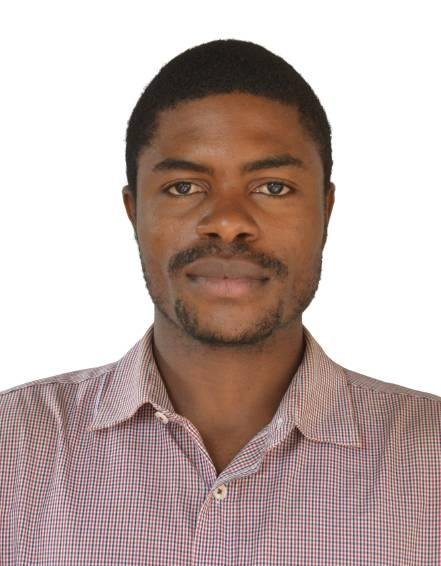
Benjamin Labar, born 28 years ago in Abuja, Nigeria, holds a bachelor’s degree in civil engineering with First Class Honours from the esteemed Federal University of Agriculture, Makurdi. Currently, he is pursuing a master’s degree in Infrastructure Engineering at the prestigious Faculty of Architecture, Civil Engineering, and Transportation Sciences, Széchenyi István University of Győr, Hungary where he is in his second year of study. His research is inherently multi-disciplinary, encompassing hazard assessment, seismic design, Environmental Impact Assessment, and Life Cycle Assessment. Benjamin's academic journey mirrors his profound passion for technological advancement, human development, and the exchange of knowledge. Beyond the confines of the classroom, Benjamin derives fulfillment from exploring new destinations, delving into the expansive realm of the internet, and engaging in spirited games of badminton. He is an active Student Member of The American Society of Civil Engineers (S.M.ASCE) and an alumnus of the European Institute of Innovation and Technology (EIT-Alumni).
Chair of Diversity, Equity, and Inclusion | Harman Singh
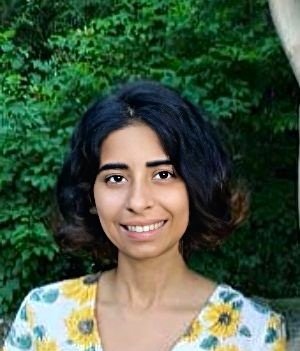
Harman Singh is a dual-title Ph.D. student in Geography and Climate Science at Penn State University. She graduated with her B.Sc. in Geography and minor in Sustainability Leadership from Penn State University in 2021. Her research interests include studying pluvial/inland flooding both from a meteorological and human environmental perspective, computational social science, discourse analysis, and spatial statistics. She is currently the Chair of her colleges Sustainability Council: Student Committee, executive committee member of Supporting Women in Geography, and president of the Penn State Association of Water Students (PAWS). Harman has been part of the NHERI GSC executive committee since its initiation in 2021. She has received certifications at her university in Transgender and Gender Inclusion 101 Workshop and Safer People Safer Places Foundations Workshop from the Center for Sexual and Gender Diversity. Previously in her role as Vice-Chair of DEI, Harman, in collaboration with the Chair of DEI, has successfully created a DEI resource page, created an inclusivity statement for NHERI GSC members and speakers, created a DEI workshop for NHERI Research Experiences for Undergraduates (REU) and NHERI GSC members. She also received an NSF travel award, last year, to attend the 2022 Natural Hazards Research Submit. In her role as the Vice-Chair of the DEI from 2021 and current service roles at her university she is well suited to serve as part of the leadership promoting DEI with the field of natural hazards. If elected as Chair of DEI Harman plans on updating the DEI resource page, continuing to develop a workshop on cultural competency in natural hazard research, fostering relationships with folks at CONVERGE, and inviting guest speakers to promote discussions on ethical disaster research.
Vice-Chair of Diversity, Equity, and Inclusion | Nasimeh Rashidi
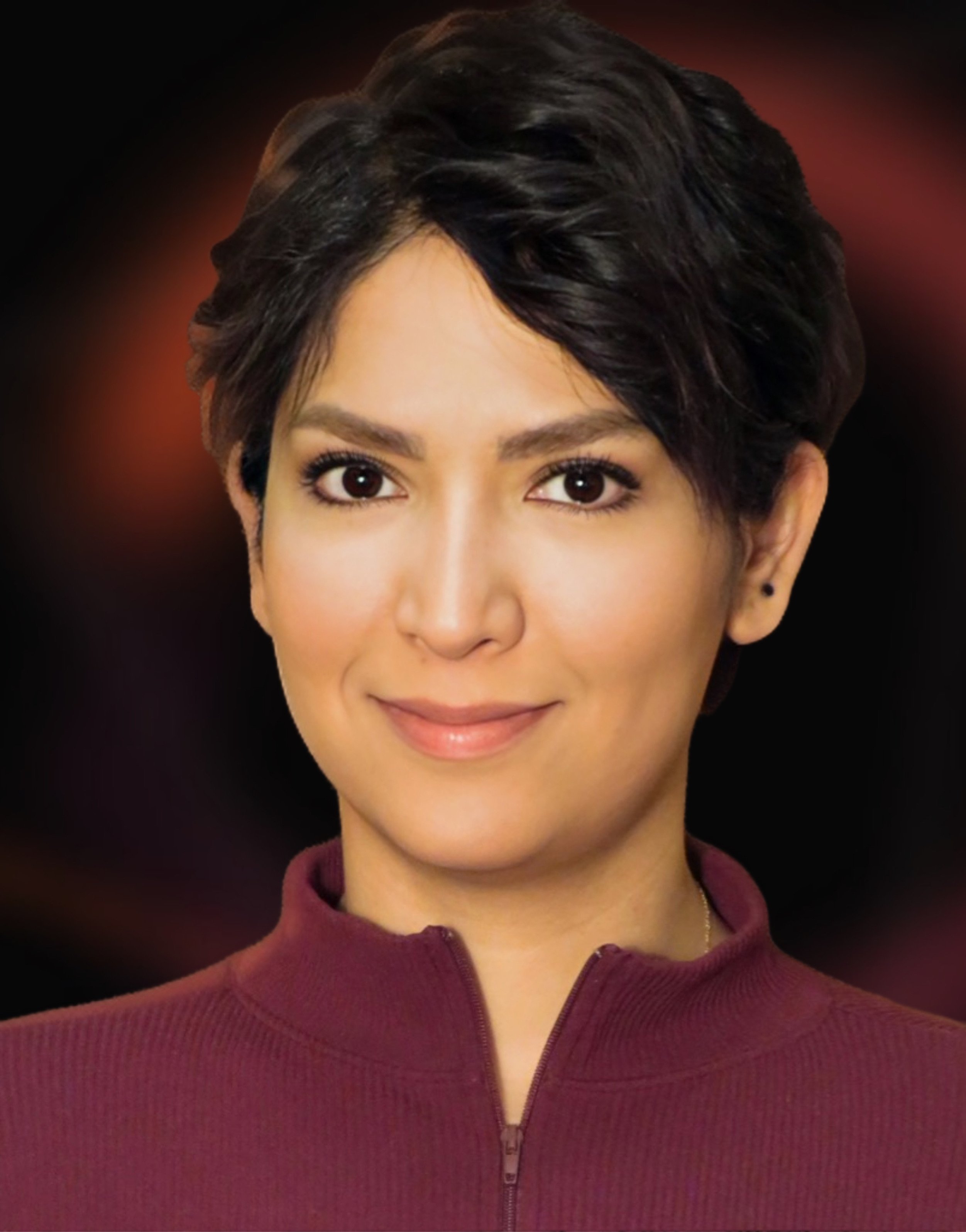
Graduating with a master's degree in 'Engineering in Natural Disasters' from the University of Tehran, Iran's top university, Nasim is now a Ph.D. student in Civil Engineering at Washington State University, focusing on wildfire research. Her work directly aligns with NHERI's mission to mitigate natural hazards through innovative research. As a woman in engineering with substantial experience in the construction industry and academia, she brings a unique perspective that underscores the value of diversity, equity, and inclusion (DEI) in driving scientific and engineering advancements. Her goal is to leverage her background and insights to further integrate DEI principles into NHERI's culture, fostering an environment that champions diverse perspectives and promotes equity.
Chair of Research | Nurullah Bektas
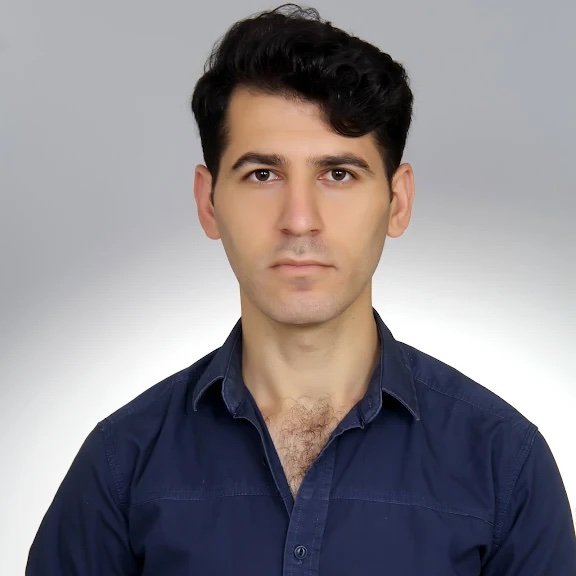
Nurullah Bektaş, a PhD candidate in Structural Engineering and Geotechnics at Széchenyi István University in Győr, Hungary, holds BSc and MSc degrees in Civil Engineering from the İzmir Institute of Technology. His expertise lies in seismic risk reduction and Rapid Visual Screening (RVS) of existing buildings. He has earned several awards and scholarships, including the Ministry of Youth and Sports of Turkey Scholarship, Tempus Public Foundation Stipendium Hungaricum Scholarship, ECCOMAS Scholarship, and EGU Scholarship. His current research focuses on advancing RVS methods for pre-earthquake building assessments, leveraging cutting-edge AI algorithms. He is a prolific writer with a substantial portfolio of publications in various journals, conference papers, and proceedings. As a Research Assistant at Széchenyi István University, he teaches multiple courses, mentors, and supervises both undergraduate and master's students. Nurullah actively participates in professional organizations such as Structural Extreme Events Reconnaissance (StEER), NHERI Graduate Student Council (GSC), Earthquake Engineering Field Investigation Team (EEFIT), and Earthquake Country Alliance (ECA). Furthermore, he contributes to post-earthquake site investigations and reports, providing insights into seismic events and their impact.
Vice-Chair of Research | Soolmaz Khoshkalam
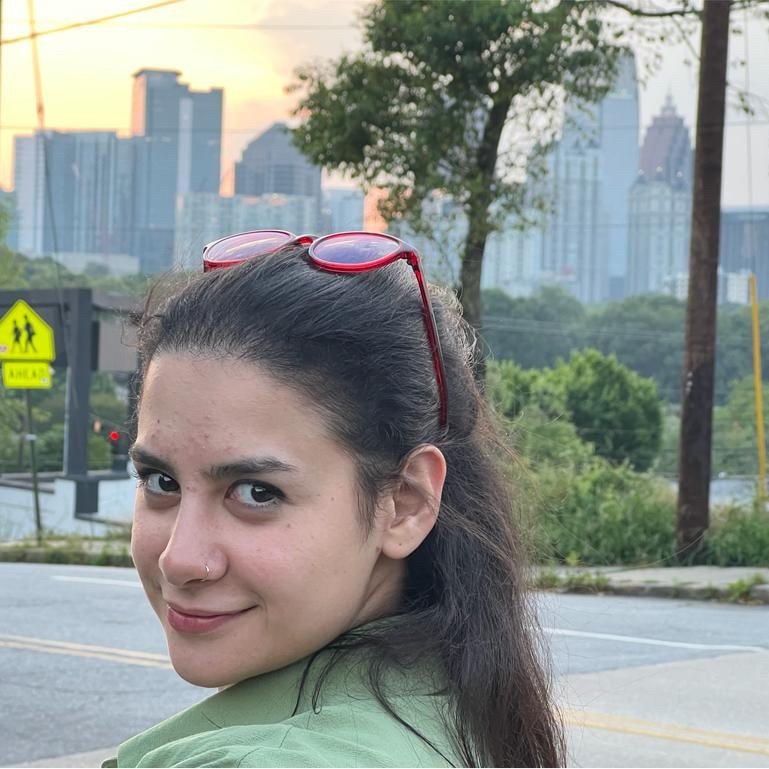
Soolmaz Kashkalam is currently pursuing her Ph.D. in Applied Mechanic and Material at the University of Massachusetts Dartmouth. Originating from Iran, she completed a Bachelor's and master’s degrees in Structural Engineering, honing her skills and knowledge in this field. Her primary research focus lies in the resilience of structures under extreme events, an area of study that was both challenging and deeply rewarding. Drawing from experiences as a former member of the National Swim Team in Iran, she learned the importance of discipline, determination, and teamwork. As she continues her academic journey, she is also preparing for a marathon, symbolizing her commitment to endurance and the pursuit of long-term goals.
Chair of Networking & Community Building | Julie Elliott
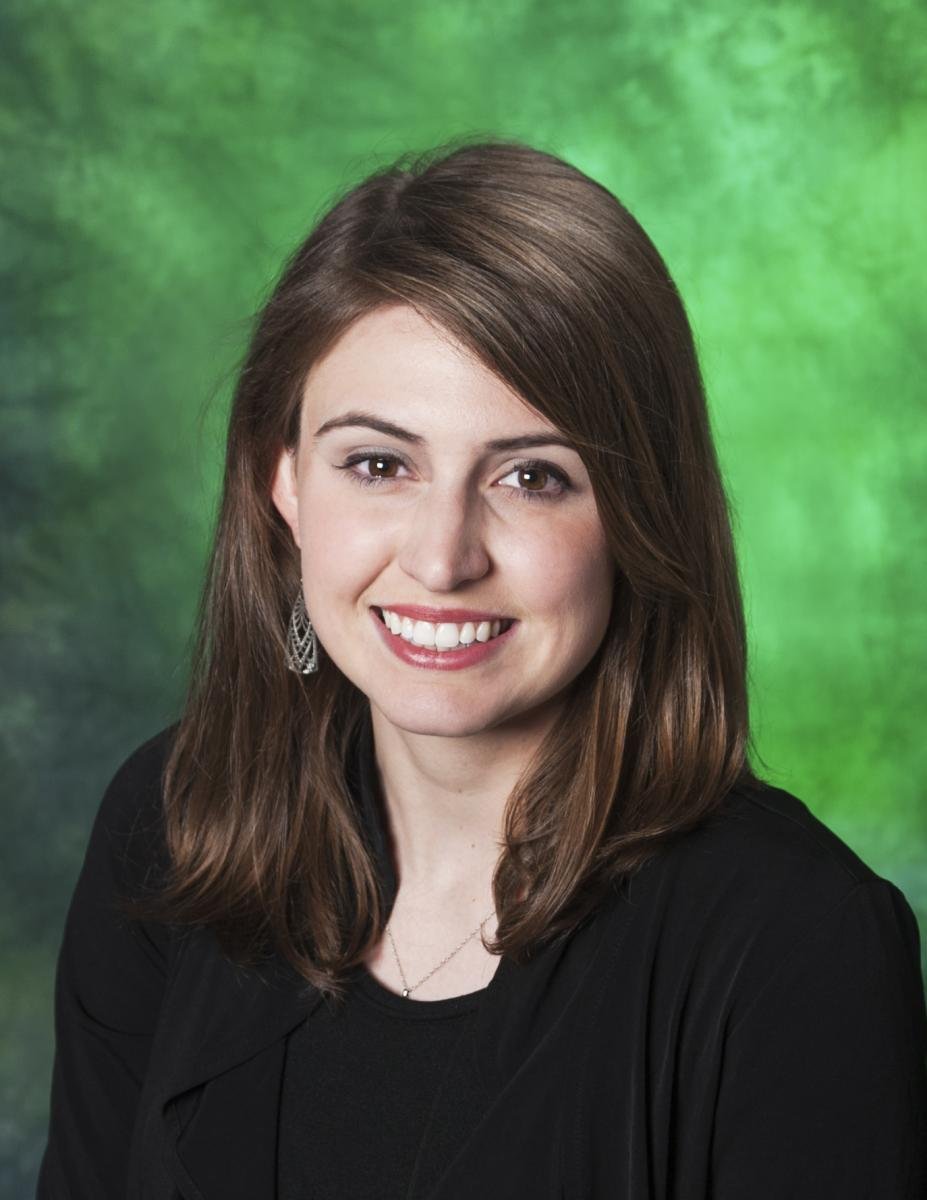
Julie Elliott is a PhD student at the University of Delaware studying Disaster Science & Management. Julies research interests focus on cross-sector collaboration in disasters, exploring how voluntary organizations operate within and outside their networks during disaster events. Julie considers herself a pracademic, having perspective on hazards as both an academic and an emergency management practitioner. Prior to beginning her studies in Delaware, Julie worked as an emergency manager at the University of North Texas (UNT) for 3.5 years. While at UNT, Julie was a part of the Universitys responses to the COVID-19 pandemic, the February 2021 Texas winter storm and power outage, and several events and incidents. During this time, Julie also taught two semesters of an introductory to emergency management course for undergraduates. Prior to her work with UNT, Julie held positions in the private sector as a technical writer and in the nonprofit sector as a grant writer. Julie believes, in every context (including hazards research), relationships lead to success; NHERI GSC is the perfect avenue for students to build professional and interpersonal relationships with one another. Julie hopes to help facilitate these connections as the 2023-2024 NHERI GSC Chair of Networking & Community Building.
Vice-Chair of Networking & Community Building | Shelley McMullen
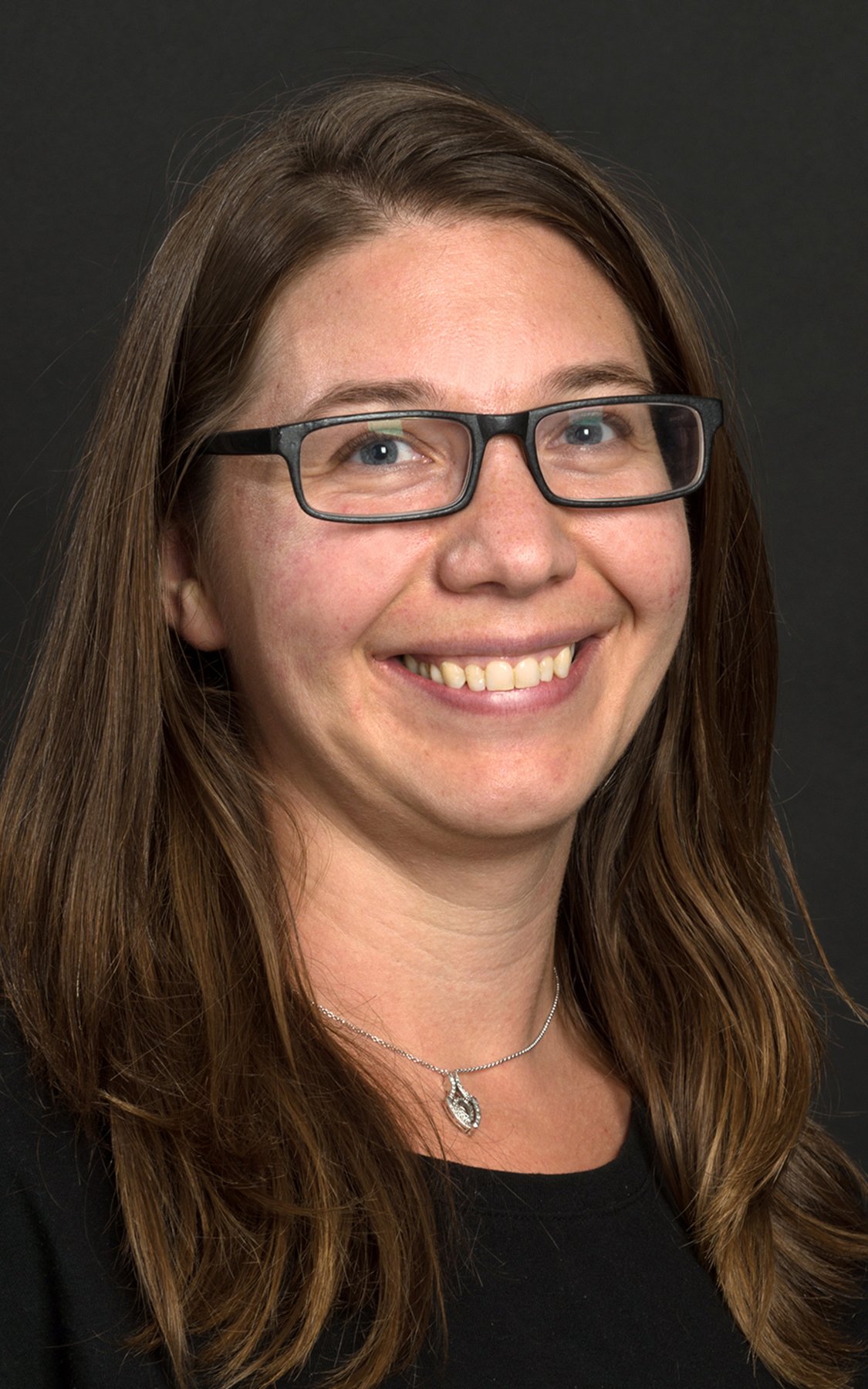
Shelley McMullen is a doctoral candidate in the Planning, Geography and Design program at the University of Colorado Denver. Her first career in civil engineering specializing in drainage, stormwater and flood management led her to pursue a dual master's degree in public administration and urban planning, and now a PhD in urban planning. Her dissertation research is focused on the tensions of land use planning and disaster risk management policy in Rwanda. Shelley is a part-time urban planning lecturer and has also been a research assistant and teaching assistant. On the volunteer side, Shelley has served as the chair of the Denver Mayor’s Pedestrian Advisory committee and currently serves as communications chair on the board of a Women in Design which is a local nonprofit intended to support women in a variety of design fields. Both the experience volunteering for an organization promoting networking between disciplines and background from both technical and social science reveal her commitment to the importance of transdisciplinary collaboration. She hopes to bring this enthusiasm to helping build community within the NHERI GSC. Not only is networking helpful for having the space to share some of the challenges of graduate school, tackling the complexity of disaster research needs strong partnerships between researchers with diverse expertise.
Chair of Social Media & Outreach | Avipriyo Chakraborty
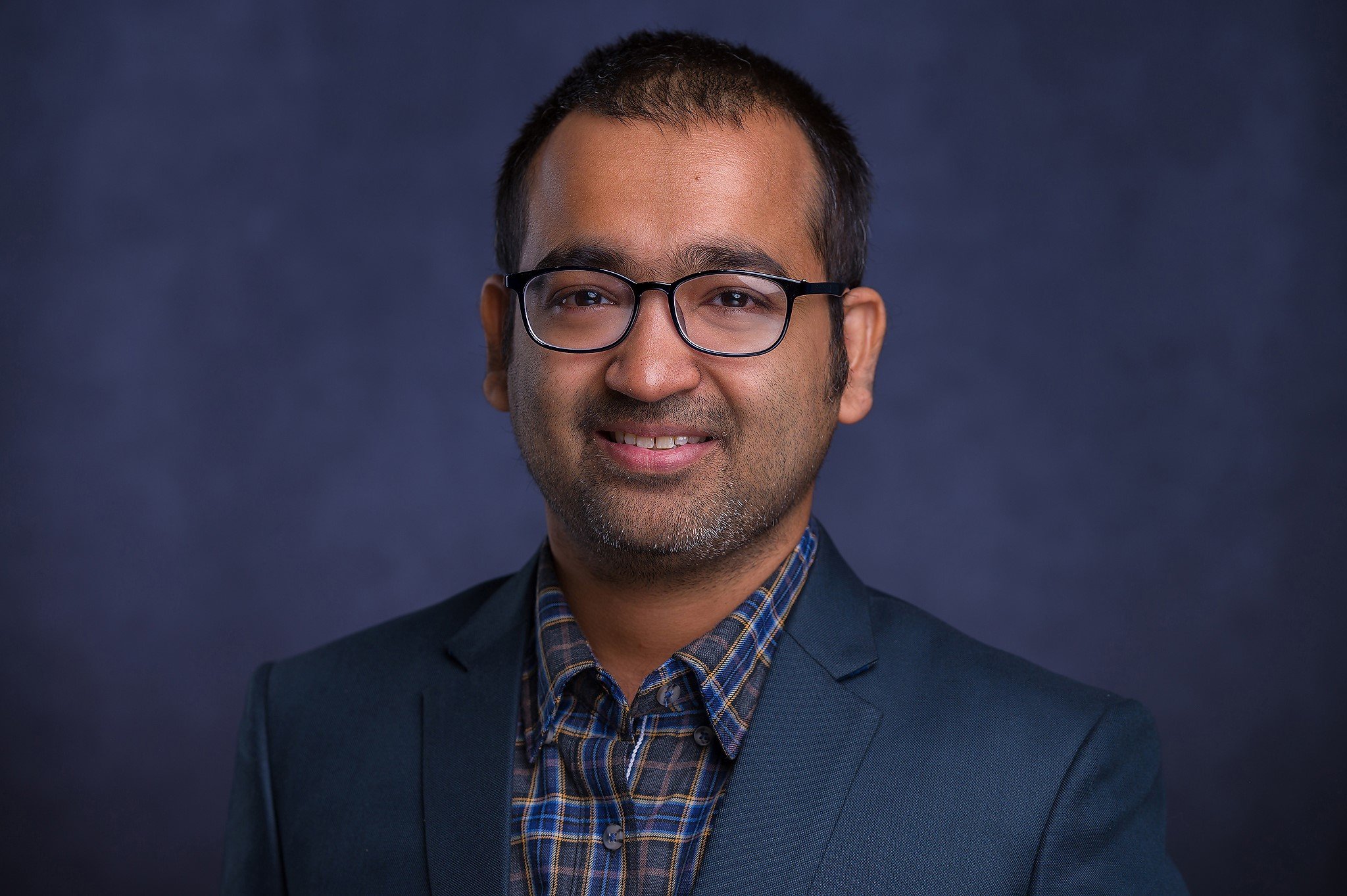
Avipriyo Chakraborty is a PhD student in Geotechnical Engineering at Jackson State University, starting from fall 2021. Completing a bachelor's in civil engineering in Bangladesh University of Engineering and Technology (BUET), Avipriyo has served as a professional engineer in Bangladesh for seven years. He has worked in the areas of designing concrete and steel structures, foundation design, retrofitting of structures, and construction supervision. Tight now, Avipriyo is right now working as a graduate research assistant under Dr. Sadik Khan, where his primary focus of research is vegetation-based climate adaptive slope failure mitigation technique using Vetiver. In his research, he is exploring the impact of Vetiver based on laboratory testing, on site subsurface investigation involving electric resistivity imaging, LiDAR, installed in situ sensor data, limit equilibrium method and Finite element method based numerical analysis and machine learning modeling. As a researcher, Avipriyo has several journals under review, published conferences, technical reports, and presentations. Avipriyo has also won multiple national and international competitions in team, including the SWANA design competition in 2021 and Geovideo competition in 2023.
Vice-Chair of Social Media & Outreach | Vishal Mishra
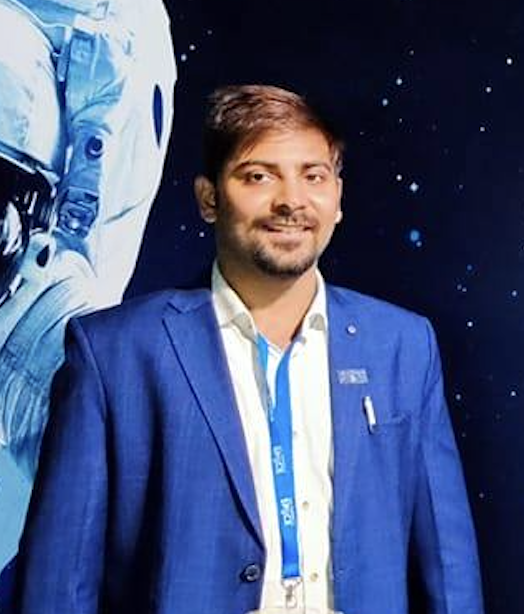
Vishal Mishra is pursuing his Ph.D. in the application of AI and Geomatic Techniques for mapping and monitoring of Landslides from the Indian Institute of Technology Roorkee, Roorkee, India. He scored All India Rank 39 in the GATE Exam (Geomatics Engineering) in 2022. For his work, he has been awarded the GRSG Student Award 2019 and the HIDA Helmholtz Visiting Researcher Fellowship. He has been worked as a Visiting Scientist at GFZ Potsdam, Germany. He was also selected for many other fellowships and grants. Vishal has been profoundly active on Social Media platforms both personally as well as has handled the Social Media accounts of two international conferences in which he was involved as part of Organizing Committees.
Research Subcommittee Representative (RSRs)
Coastal Engineering RSR | Amina Meselhe

Amina Meselhe is a coastal engineering M.S./Ph.D. student at Oregon State University (OSU) in Corvallis, Oregon. Before attending OSU, she attended Louisiana State University, where she earned a Bachelor of Science in civil engineering. She is a first-generation Taiwanese-Egyptian American who grew up in southern Louisiana and therefore has a deep appreciation of the social and cultural dimensions embedded in hazards research and engineering approaches.
Earthquake Engineering RSR | Sasan Dolati
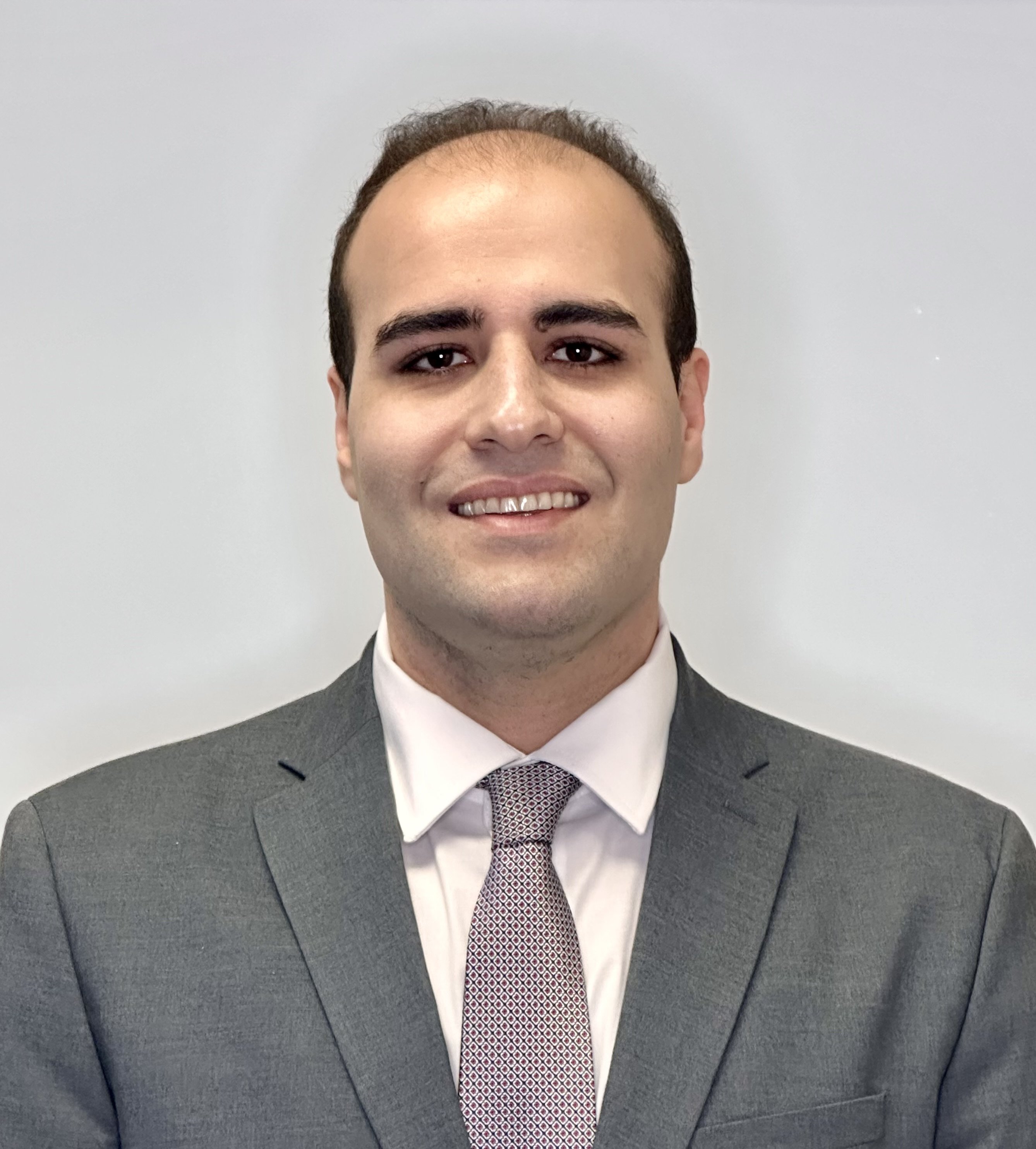
Sasan Dolati is a Ph.D. candidate in Structural Engineering at the University of Texas at San Antonio and the first and current graduate ambassador of the school of civil and environmental engineering that helps UTSA to recruit talented students. He was selected as the recipient of the 2022 UTSA Life Award (outstanding graduate student) in the college. He served as the Vice-Chair of Membership at the Natural Hazards Engineering Research Infrastructure (NHERI) Graduate Student Council (GSC). His expertise is seismic design, assessment, and retrofit of buildings with variable structural design software and standards. His Ph.D. research improves the accuracy and enhances the reliability of the current assessment standard [(ASCE 41-17), (ACI 369.1-17)] by adjusting the acceptance criteria, which results in cost-efficient performance-based design and retrofit of buildings. He won several awards, such as an international award for predicting the most accurate seismic evaluation of the RC column behavior [Blind Prediction Contest by PEER at UC Berkeley, 2021]. He is a member of ACI 369 and 374 committees, ASCE, EERI, Regional Earthquake Committee at SimCenter, and a speaker of ACI convention sessions.
Geotechnical Engineering RSR | Carlos Acosta
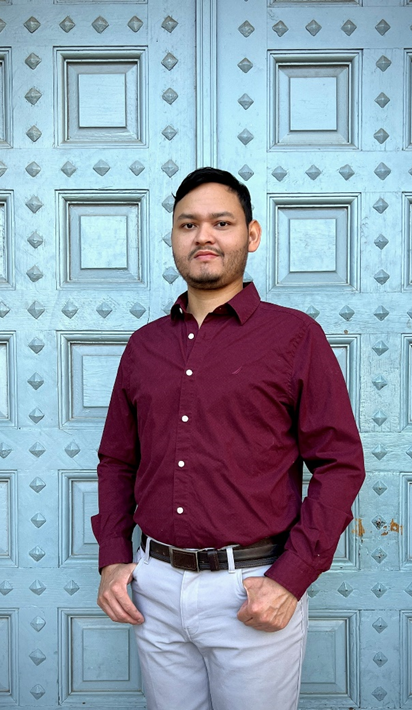
Carlos Acosta is a PhD candidate at the University of Texas at Austin. His research focuses on the experimental and analytical evaluation of geocells in load support, transportation, and hydraulic applications.
Reconnaissance RSR | Saanchi Singh Kaushal
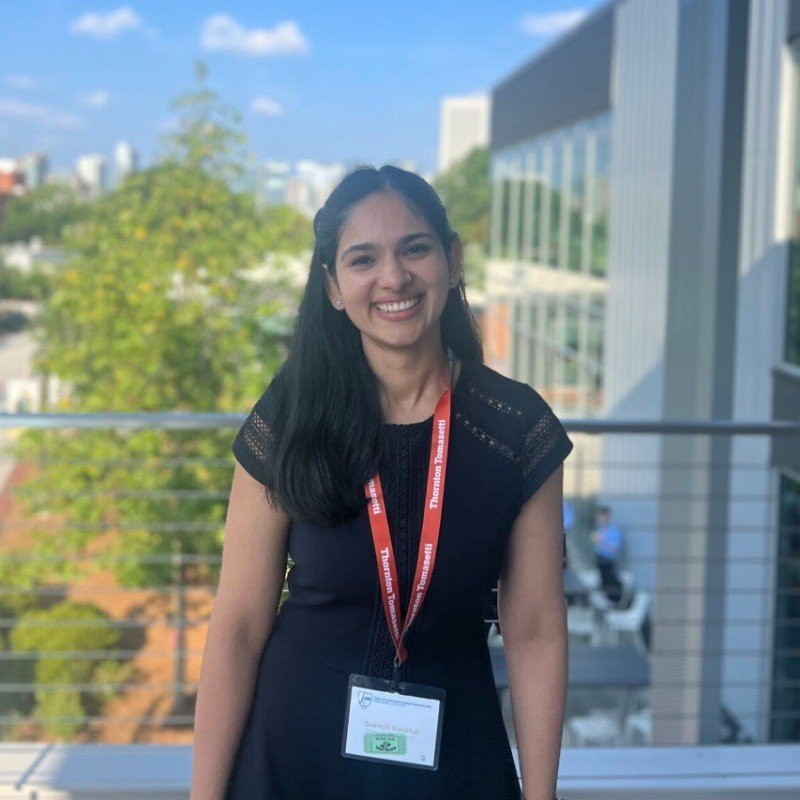
Saanchi Kaushal is a second-year PhD candidate at Penn State University. Her research focuses on evaluating the structural performance of historic buildings under the extreme loading conditions of tornadoes. Since the inception of her doctoral studies, Saanchi has been an active and engaged member of the NHERI GSC community, consistently sharing her research findings at various forums and achieving success by winning the hackathon in 2022. Moreover, Saanchi has extended her expertise to mentorship, guiding multiple Research Experience for Undergraduates (REU) students at the RAPID Facility and undergraduate students at Penn State. Her genuine enjoyment of the mentorship experience drives her eagerness to further enrich the journey for her mentees. Saanchi also has a proven track record with successfully organizing and conducting multiple workshops as part of the QuakeCoRE student chapter leadership in Auckland. She has taken the lead in initiatives such as coordinating student conferences, facilitating interactive seminars with industry professionals, and spearheading professional development activities.
Simulation & Computational Methods RSR | Soolmaz Khoshkalam
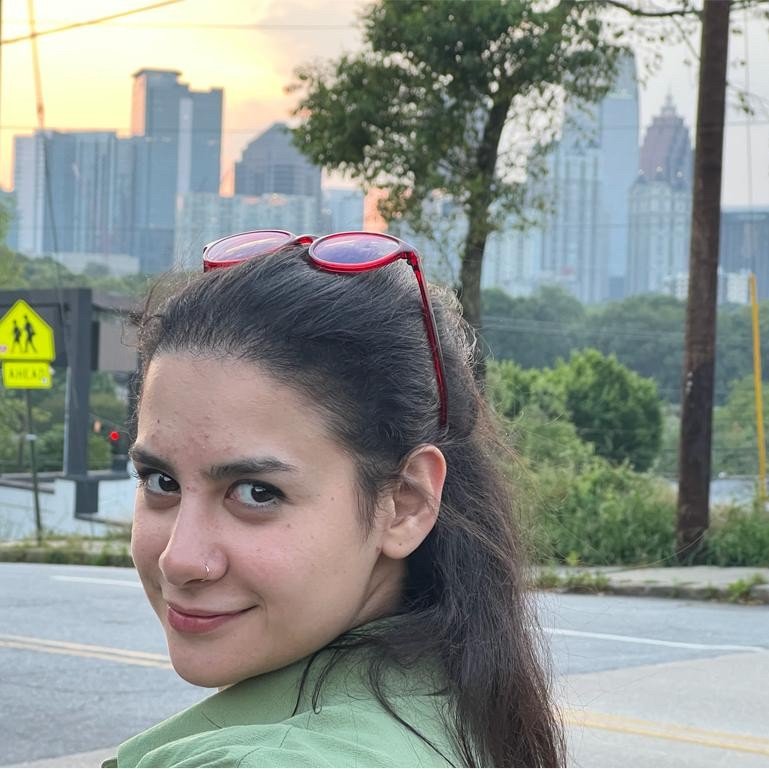
Soolmaz Khoshkalam is currently pursuing my Ph.D. in Applied Mechanic and Material at the University of Massachusetts Dartmouth. Originating from Iran, I completed my Bachelor's and master’s degrees in Structural Engineering, honing my skills and knowledge in this field. My primary research focus lies in the resilience of structures under extreme events, an area of study that I find both challenging and deeply rewarding. Drawing from my experiences as a former member of the National Swim Team in Iran, I have learned the importance of discipline, determination, and teamwork. As I continue my academic journey, I am also preparing myself for a marathon, symbolizing my commitment to endurance and the pursuit of long-term goals.
Social Science RSR | Teye Yevuyibor
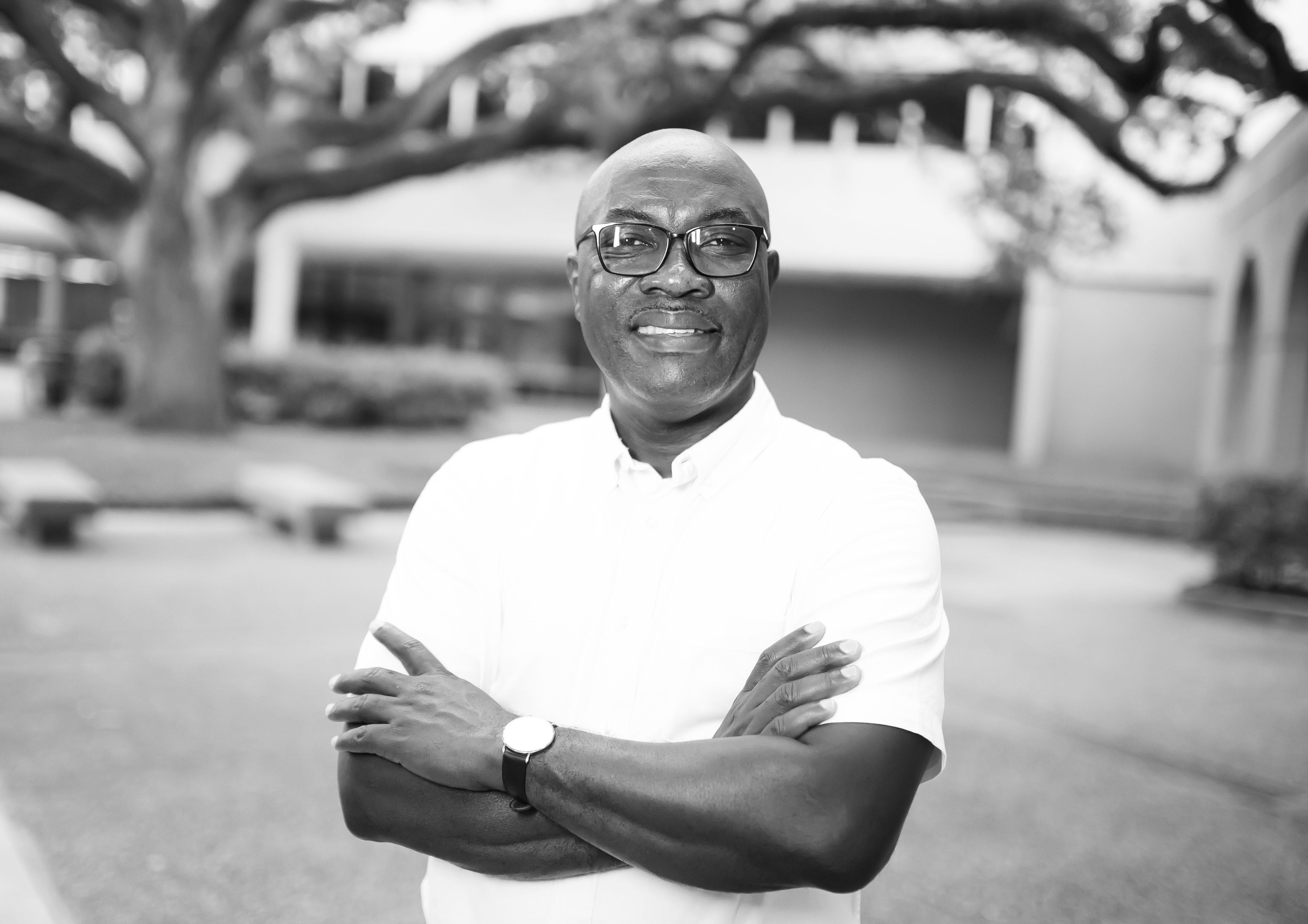
Teye Yevuyibor is currently pursuing a Ph.D. in Environmental Sociology at Louisiana State University (LSU). His research is focused on the critical issue of climate change and its attribution to flooding. With a deep-seated commitment to understanding the complex dynamics of climate-related challenges, Teye is driven to make a positive impact in this field. To deepen Teye’s passion for diversity, equity, and inclusion (DEI), he has been nominated for the position of Chair of DEI within the NHERI GSC Executive Committee. This nomination reflects his strong dedication to promoting inclusivity and equal opportunities in academia and beyond. Teye looks forward to contributing their knowledge and expertise to address pressing climate issues and advance the cause of DEI within the academic community
Tsunami RSR | Unfilled
The tsunami representative position is currently vacant.
Wind Engineering RSR | Wesam Mohamed
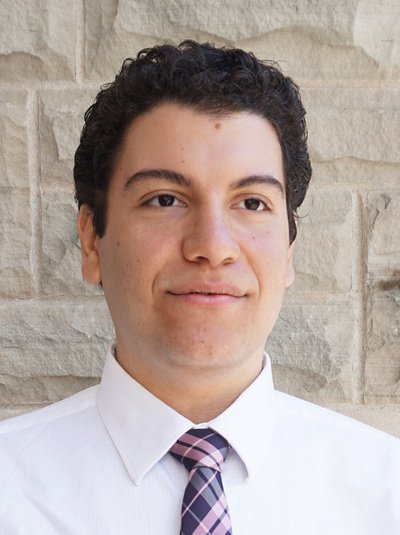
Wesam Mohamed is a PhD student in the Department of Civil and Environmental Engineering. Wesam's passionate advocacy for students shines through his various leadership positions over the years. His fervor lies in addressing issues impacting international and graduate students. He is thrilled to serve as a member of the Research Subcommittee.







